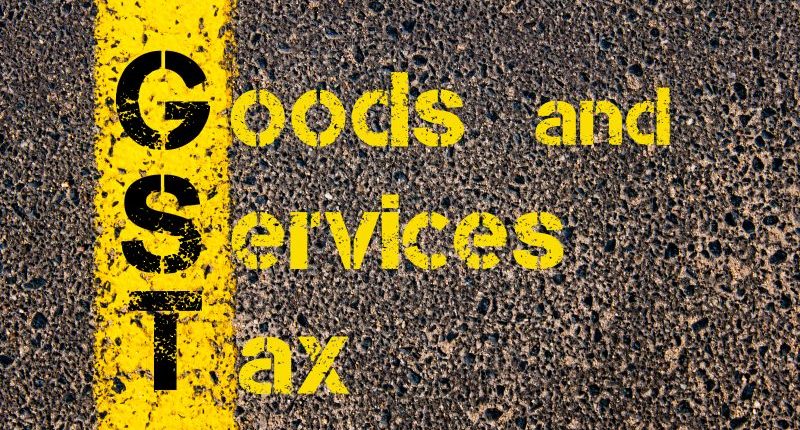The Confederation of All India Traders (CAIT), representing eight crore traders across India, requested Finance Minister Smt. Nirmala Sitharaman amended sections 24 and 52 of the Goods and Services Tax (GST) Act to ease small online sellers.
Businesses with a turnover of more than Rs 40 lakh in goods and more than Rs 20 lakh in case of services are required to obtain GST registration. However, in the case of e-commerce sellers, they must get GST registration irrespective of turnover. Hence, the CAIT requested an exemption for small e-commerce sellers from GST registration.
CAIT officials said that the government is making efforts to empower small retailers. Accordingly, the small retailers that have turnover less than Rs 40 lakh are not required to obtain GST registration. However, not providing this threshold relief to online retailers has become a nightmare for them.
CAIT officials also requested Nirmala Sitharaman to levy the 1% GST tax on e-commerce marketplaces or aggregators for online transactions. By doing this, the government will be able to track the transactions and will also accrue tax revenue from e-commerce portals.
Also, the e-commerce aggregators are responsible for Tax Collected at Source (TCS) at 1% on all transactions under section 52 of the CGST Act. The aggregator will make payments to e-commerce sellers after deducting 1% tax. The e-commerce companies required to collect TCS are also mandated to get GST registration under section 24.
The mandatory GST registration restricts lakhs of traders to sell their products online. It also adversely impacts large numbers of small businesses such as craftsmen, artisans, women entrepreneurs, household and cottage industries conducting businesses from their homes.
For any clarifications/feedback on the topic, please contact the writer at dvsr.anjaneyulu@cleartax.in.
DVSR Anjaneyulu known as AJ, is a Chartered Accountant by profession. Loves to listening to music & spending time with family and friends.





